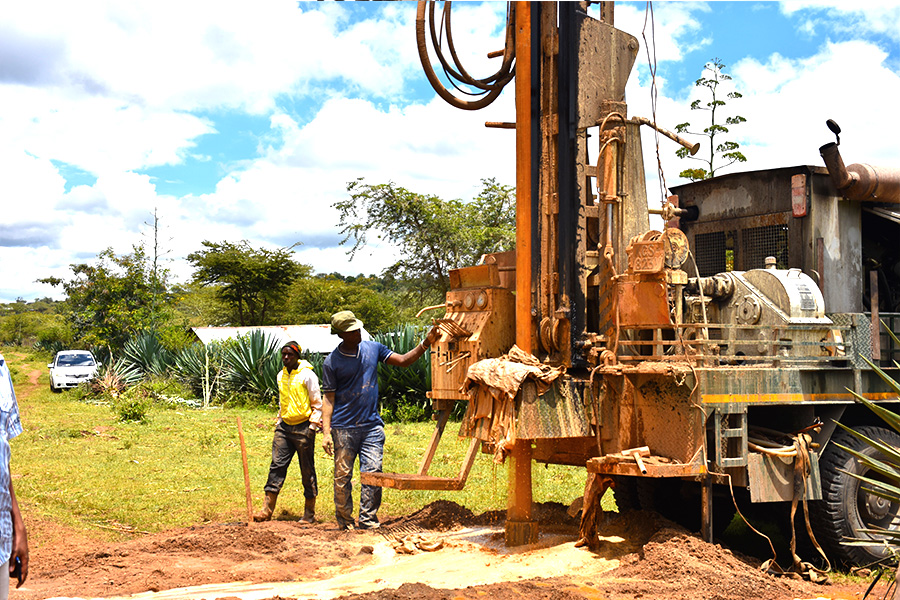We explores the pervasive issue of fluoride contamination in Nairobi's water sources, focusing on the alarming levels detected in borehole water. Through expert analysis and real-life stories, we reveal the detrimental impact of fluoride on dental health, particularly among children. We advocate for policy measures and public awareness to tackle this pressing public health challenge.
When considering the impact of water on our daily lives, dental care might not be the first association that comes to mind. Yet, the water we consume can have a profound effect on our teeth, especially when it contains an unseen and tasteless mineral: fluoride.
Fluoride is a mineral commonly found in toothpaste, touted for its dental benefits. However, recent findings have revealed alarming levels of this mineral in several estates across Nairobi, primarily in borehole water. As I delved into the issue, it became evident that the situation on the ground is dire, with adverse effects particularly affecting children's dental health.
In Nairobi's bustling real estate market, the presence of a borehole has become a significant selling point, driven by the persistent issue of water shortages. Many Nairobians rely on water kiosks, bowsers, or motenis to procure this essential resource. However, the overreliance on borehole water raises concerns about its quality.
According to data from the Kenya National Bureau of Statistics, there are over 45,000 boreholes in Kenya, with varying water quality depending on location. In Nairobi alone, home to over 4.4 million residents, the situation is worrisome. Rapid population growth and climate change have led to increased dependence on underground water sources, exacerbating the fluoride problem.
Studies conducted by Davis and Shirtliff in 2021 revealed elevated fluoride levels in Nairobi's water sources, particularly in the Greater Rift Valley region. Shockingly, nearly 20 million Kenyans are exposed to toxic levels of fluoride, surpassing the recommended standards set by health authorities.
For instance, Karen, a neighborhood in Nairobi, recorded fluoride levels as high as 18.7 mg per liter, well above the safe threshold. Other areas like Kilimani, Siima, Utawala, and Westlands also reported concerning levels of fluoride in their water supply.
The repercussions of high fluoride levels extend beyond water consumption. Prolonged exposure can lead to dental fluorosis, a condition characterized by brown or black stains on teeth and weakened enamel. Dr. PJ Muriuki, a dental surgeon, has witnessed a surge in cases, particularly among children, attributing it to prenatal exposure and early childhood consumption of fluoride-contaminated water.
David, a concerned parent, shared his ordeal of discovering his children's dental issues linked to high fluoride levels in their home's water. Despite seeking medical help, finding a solution proved elusive, leaving his son Ian subjected to bullying and self-esteem issues.
Addressing dental fluorosis often requires expensive treatments like crowns or veneers, rendering them inaccessible to many families. Dr. Muriuki emphasizes the importance of prevention, advocating for policies to regulate borehole drilling and improve water quality monitoring.
While filtration systems offer a potential solution, their high cost remains a barrier for widespread adoption. Calls for government intervention to map areas with high fluoride levels and enforce stricter regulations in the real estate sector have grown louder.
As Nairobi grapples with this fluoride menace, raising awareness and advocating for systemic changes are critical steps towards safeguarding public health. It's time for collective action to ensure that every drop of water nourishes, rather than harms, our communities.
.png)














Comments 0